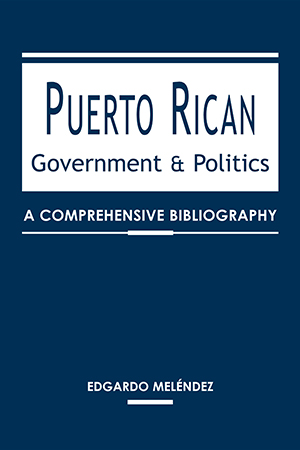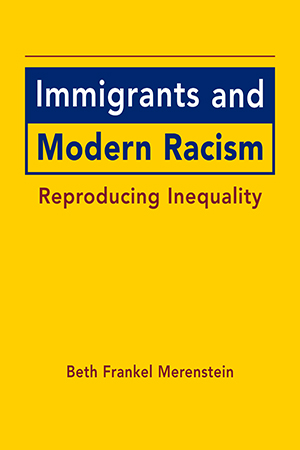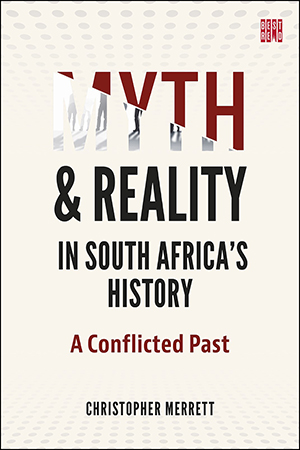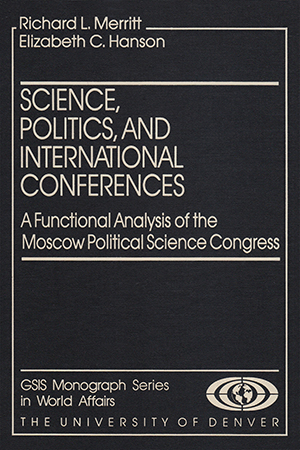BOOKS
Peace in Tatters was born in a set of questions with which the author, an Israeli scholar, has struggled for some years: What went wrong in the Israeli-Palestinian peace process before the More >
The first of its kind, this major bibliography covers all aspects of Puerto Rican government and politics defined in the broadest manner. More than 5,000 entries identify books, articles, More >
These twelve stories set in modern Pakistan capture the rich Urdu literary tradition, telling close, personal tales of family relationships, love, spirituality, dreams, and the interactions More >
Menashri details the intricate political history of Iran's revolution, providing insightful portraits of its leading figures, as well as of their factions and the ideological conflicts More >
With rising numbers of immigrants of color in the United States, sheer demographic change has long promised—falsely, it now seems—to solve the "race problem." Directly More >
What is the European Union's security and defense policy (CSDP)? How does it work? Does it make a difference in international security affairs? How do other global actors react to More >
Christopher Merrett seeks to challenge a monochromatic version of South Africa's history. Toward that end, he has collected some three decades of newspaper opinion pieces and feature More >
While there are many widely held assumptions about the impact of international scientific congresses (ISCs) on individual scientists, collective bodies, a particular branch of science, or More >
















